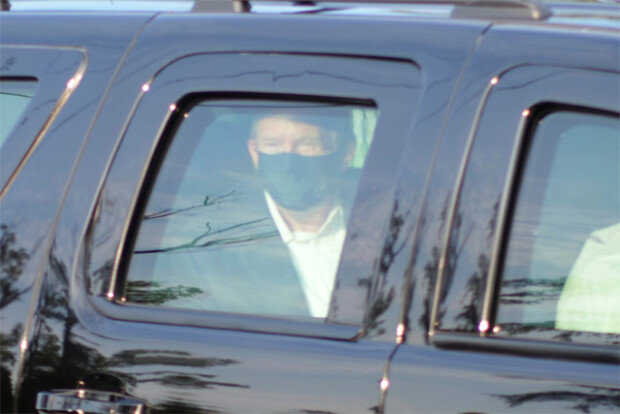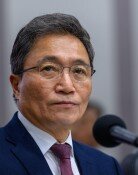How would Pres. Trump’s COVID-19 infection affect US-China relations?
How would Pres. Trump’s COVID-19 infection affect US-China relations?
Posted October. 14, 2020 07:42,
Updated October. 14, 2020 07:42


It was confirmed on October 2 that U.S. President Donald Trump and the First Lady tested positive for COVID-19. What changes and challenges would this bring to the upcoming U.S. presidential election and the U.S.-Chinas relations?
Some Americans believe that his COVID-19 infection was an intentional conspiracy to delay the election. However, the chance is very slim as the election would be over for him once the truth is revealed. It is also unlikely that 74-year-old President Trump would take the option, which may cost his life. In addition, there was a case that U.K. Prime Minister Boris Johnson was hospitalized for two weeks for COVID-19 before making a full recovery and returning to his post, which did not have practical effects on the U.K. political circles.
President Trump was discharged from a hospital after three days. The first thing he did after returning to the White House was saluting the American national flag and taking off his mask. He emphasized that there is no need to worry about COVID-19 to the public.
As of Sunday, the White House has not confirmed whether the test results of President Trump are no longer positive for COVID-19. His doctor only says that he is not infectious. Virologists raise suspicion about how many antibodies have been produced from just three days of treatment and how long they would last for the president (the White House announced on Monday that the president tested negative for COVID-19).
Despite the current situation, President Trump resumed his election campaign. He is meeting with his supporters in person without wearing a mask. His desire to win the election has made him lose the rigor and prudence needed to address COVID-19 as a president.
What’s problematic is that the U.S. politics will become more chaotic and conflicts between the Republican and Democratic Parties will become sharper as the president’s election situation worsens. Such unstable politics in the U.S. can put security in East Asia at risk.
President Trump has insisted on calling COVID-19 as the “China virus” to shift blame to China. He claims that only he can handle China. However, it is clear that the more President Trump attacks China, the less China is willing to compromise with the U.S.
The U.S. strategic community will try not to give an opportunity for China to chase the U.S. in terms of national capabilities with its early containment of COVID-19. This is the same reason why the U.S. is strengthening military threats against China using the military advantage of the United States Indo-Pacific Command. Moreover, the U.S. will expand its attempts to put pressure on China for issues regarding Taiwan, Hong Kong, and Xinjiang based on a political motive.
The U.S. and China are already in a sharp confrontation in a wide array of areas, such as trade, science and technology, society, and culture. On top of that, COVID-19 and the U.S.’ internal politics are accelerating the worsening of the relations between Washington and Beijing.
The U.S. presidential election results on November 3 will be an important turning point for East Asia. If President Trump is reelected, the U.S.-China relations will become even more challenging. It is unlikely that the relations will rapidly improve even with Biden’s win, but at least it won’t be driven to madness.







